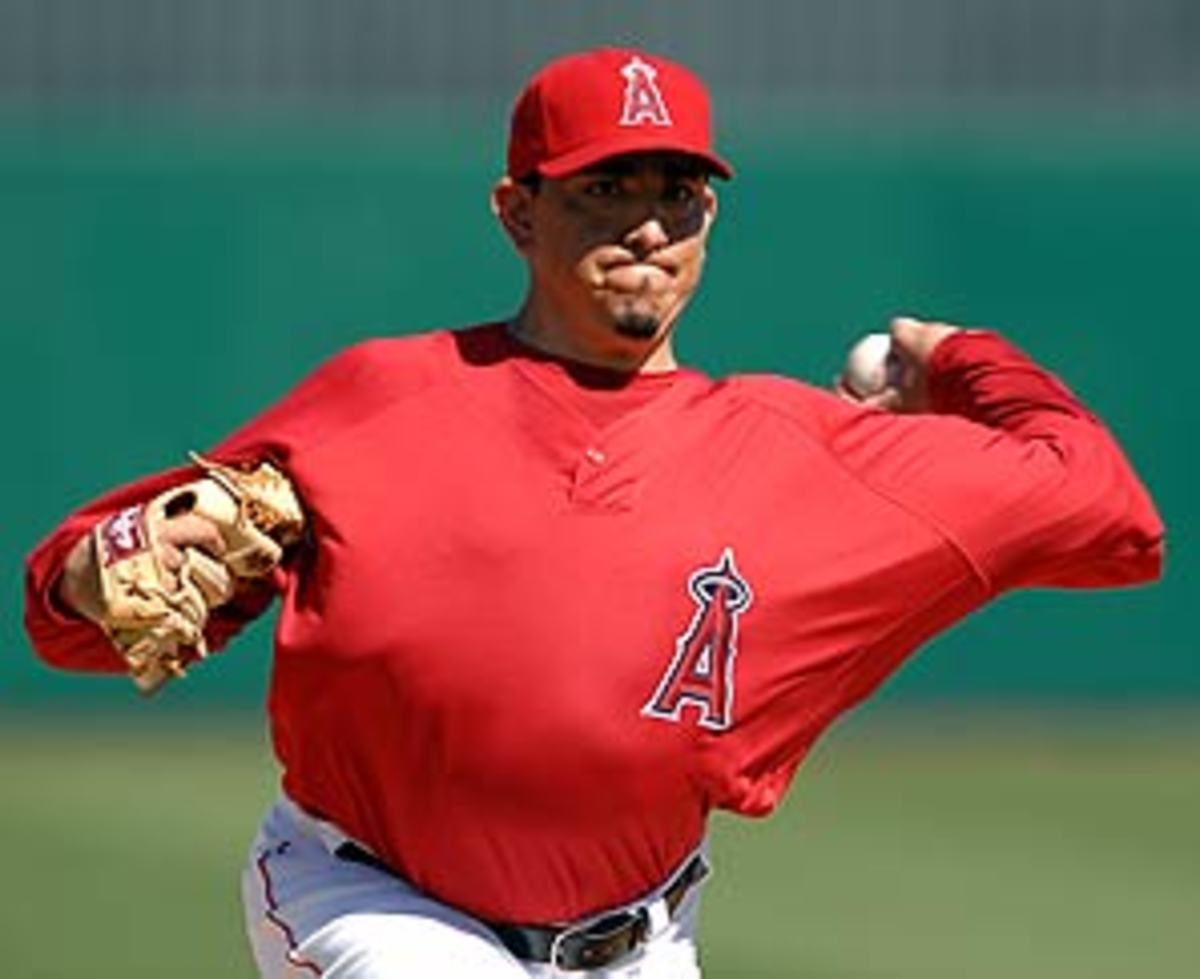Spring training games aren't as meaningless as they may seem


One of the most hopeful sights of the year takes place this week: Pitchers and catchers report to spring training. Those in the northeast, still digging out from more than two feet of snow, are especially looking forward to seeing major leaguers don their caps and gloves and start tossing the ball around. And in a couple weeks they'll even begin playing games. But pretty soon the novelty will wear off. Exhibition games are boring, and of course the results don't have any impact on the regular season. Aside from the odd roster battle, spring training quickly gets old and the season can't come fast enough.
Count me as one who has never paid much heed to the results of spring training games. There are just too many scrubs, too many innings thrown by players who won't make the big club and too many guys who just aren't yet in shape. If my team gets beat up in a spring training game, I'm not going to get down. It's a philosophy that's shared by most baseball fans: Spring training is a time to focus on getting ready for the season, not a time to worry about winning and losing. Whatever happens in Arizona or Florida stays there, and every team starts with a clean slate on Opening Day.
While of course that's technically true, is there a possibility that spring training games really do have some predictive power? Last year the Los Angeles Angels and New York Yankees were the respective champions of the Cactus and Grapefruit Leagues. And which two teams played for the AL pennant in October? The Angels and Yankees. But don't tell that to the Milwaukee Brewers, who went 22-10 in spring training but struggled during a disappointing regular season, finishing under .500. The history books are littered with teams that tore it up in spring training, only to fall to earth during the regular season. The 2006 Marlins come to mind, as do the 2008 Oakland A's. What's that? You don't remember those teams? Of course not, because no one pays attention to spring training records.
But should they? The examples above are just anecdotal. To get a better idea we need to go back and look at several years of hard data. As one might expect, there is some association between a team's spring training record and its regular-season record. Going back to 2003, there is a small but noticeable correlation (r-squared of .21) between the two. That's not a very strong correlation, but it certainly is more informative than nothing. If that were your only guide, you would expect a very good team in spring training to be an above-average regular-season club. Certainly if you knew nothing else about the teams, then looking a team's spring training record could shed at least a little light on the projected standings.
But of course we know a lot more about the teams than just their spring training records. We didn't need spring training to tell us that the 2009 Yankees were going to be pretty good and the 2009 Orioles were in for a rough year. Sure, the spring training records bore out with those assessments, but the question is whether spring training records can tell us something that we don't already know.
To describe what we do already know, there are a slew of expert projections, the most famous of which is the Baseball Prospectus' self-described "deadly accurate" PECOTA projection system, which has been produced since 2003. If spring training records can tell us something beyond what we already know from PECOTA, then they might be worth looking at after all. Some initial evidence is striking: Of the 20 best spring training teams since 2003, 16 outperformed their PECOTA projections, indicating that there might be reason to give spring records a second look. Putting both a team's PECOTA projection and its spring training record into a statistical model, we can test this theory out more rigorously. Does a team's spring training record really tell us anything? Surprisingly, it does. A team's spring training record is a statistically significant predictor of its regular-season record, even when taking into account its pre-season projection.
The predictive power of spring training is small, but it's there. Prior to the 2009 season, PECOTA wasn't too high on the chances of the 2009 Angels, expecting them to go 84-78 on the season. However, the Halos had a fantastic spring training winning percentage of .779. Because of their great spring, the new statistical model added about three wins to their projection, predicting them to win 87 games instead of 84. Meanwhile, the Arizona Diamondbacks had a horrible spring training, in which they posted a .324 winning percentage -- vastly below their optimistic 87-75 PECOTA projection. Because their spring was so bad, however, the new model knocked more than three games off of their projected win totals. In this case their poor spring did indeed foreshadow a miserable 70-92 campaign.
What does it all mean? In a nutshell, if your team is having an extremely surprising spring training (for good or for bad), you would do well to adjust your expectations accordingly by about three games. The Diamondbacks and Angels are extreme examples, so the effect is generally not huge. Still, in a sport where every minute detail counts, spring training results can add some insight.
